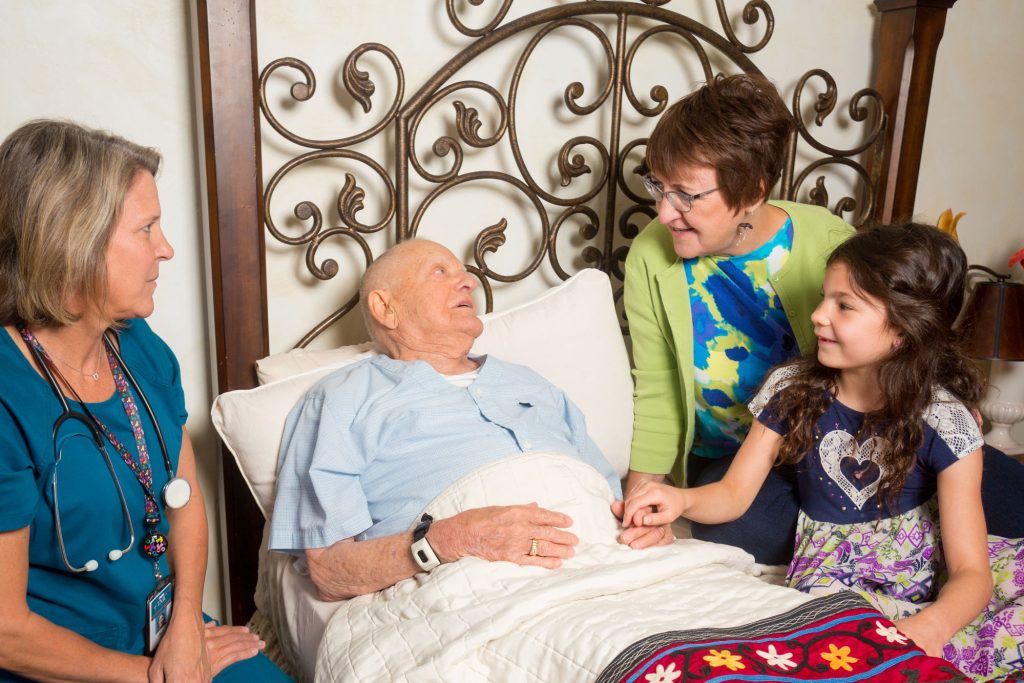
End-of-life care is profoundly influenced by cultural attitudes towards death and dying, reflecting the rich tapestry of beliefs, values, and traditions that shape how individuals and communities navigate the transition from life to death. In this comprehensive exploration, we embark on a journey to understand the diverse cultural perspectives on death and examine how these beliefs influence end-of-life care decisions and the grieving process for individuals and families from various cultural backgrounds.
Understanding Cultural Perspectives on Death
Cultural attitudes towards death vary significantly across different societies and ethnic groups, often reflecting deeply ingrained beliefs and practices passed down through generations. For instance, in some Indigenous cultures, death may be viewed as a natural part of the cycle of life, with ceremonies and rituals designed to honor the deceased and guide their spirit to the afterlife. Conversely, in certain Western cultures, death may be perceived as a taboo topic, leading to avoidance of discussions about end-of-life preferences and care.
Impact on End-of-Life Care Decisions
Cultural beliefs and values exert a profound influence on end-of-life care decisions, shaping preferences for medical treatments, advance care planning, and the use of hospice services. For example, in Hispanic cultures, there is often a strong emphasis on family involvement in decision-making, with a preference for home-based care surrounded by loved ones. Similarly, in some Asian cultures, such as Chinese and Vietnamese, filial piety and respect for elders may influence decisions about end-of-life treatments and the use of life-sustaining interventions.
Navigating Cultural Diversity in Care Settings
In multicultural societies, healthcare providers face the challenge of delivering culturally sensitive care that respects and honors the diverse beliefs and practices of patients and their families. Effective communication strategies and cultural competence training are essential for navigating these diverse care settings. For instance, a healthcare provider working with a Muslim patient may need to accommodate prayer times and dietary restrictions during end-of-life care, while also being sensitive to cultural norms around modesty and gender segregation.
Grief and Mourning Across Cultures
The grieving process is deeply influenced by cultural norms and traditions, with rituals and mourning practices varying widely across different cultures and religious traditions. For example, in Jewish tradition, shiva is observed for seven days following the death of a loved one, during which family and friends gather to offer condolences and support. In contrast, in some Indigenous cultures, the grieving process may involve communal ceremonies and rituals that honor the deceased and support the spiritual journey of the departed soul.
Cultural considerations play a crucial role in shaping end-of-life care decisions and the grieving process for individuals and families from diverse cultural backgrounds. By recognizing and respecting cultural beliefs and practices, healthcare providers can ensure that end-of-life care is delivered in a manner that is sensitive, inclusive, and culturally competent. Through effective communication and collaboration, we can create a more compassionate and supportive care environment that honors the dignity and values of every individual, regardless of cultural background.



